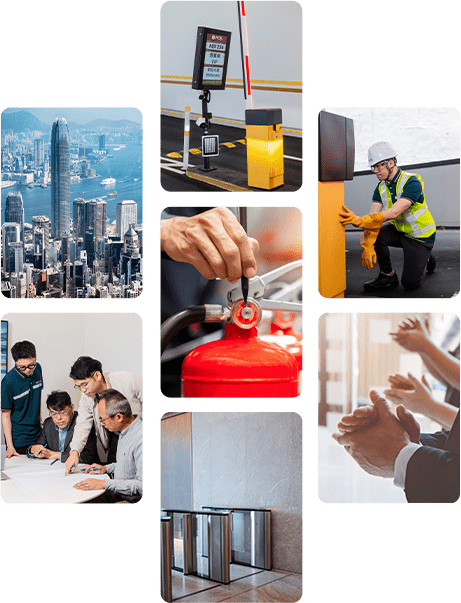ACSL specializes in delivering cutting-edge gas detection solutions designed to safeguard lives and environments in critical applications. Our advanced solutions monitor toxic gases, combustible gases, and oxygen levels across diverse industries where safety is paramount. By providing early warnings, ACSL ensures swift action to mitigate risks—such as dispersing hazardous gases or preventing ignition. With reliability and precision at the heart of our solutions, we empower businesses to protect their people, assets, and operations from unforeseen dangers. ACSL’s gas detection solutions are tailored to meet the unique needs of your operations, offering seamless integration and dependable performance. Whether you face everyday risks or extreme hazards, ACSL stands as your trusted partner in safety.
Gas detection systems prevent accidents by identifying hazardous leaks early, ensuring worker safety and minimizing risks of poisoning or explosions.
Fixed detectors provide real-time monitoring, offering continuous protection against gas hazards and ensuring immediate response to threats.
By preventing gas-related incidents, businesses can maintain uninterrupted operations, optimize opereation processes, and enhance resource management.
Pipeline and tunneling maintenance involves risks for workers in telecommunications, construction, and related fields. Past spills or leaks pose explosive hazards, especially for welders. Oil can travel kilometers in flooded trenches, creating unexpected flammable risks. Chemicals may release flammable vapors when heated, and disturbed sewage sludge emits methane, escalating flammability during work.
Flammable gas or liquid storage is typically outdoors or in ventilated buildings, such as those at chemical plants, fuel manufacturers, hospitals, and universities. However, spills during vehicle loading and leaks can create fire risks. Fixed gas detectors are commonly installed to prevent such hazards in these areas.
Gas or oil-fired boilers are extensively used in hospitals, hotels and other facilities, operating continuously and automatically. Minor leaks from loose fittings or fractures pose risks. Underground pipe fractures from extreme temperatures or heavy vehicles can lead to seepage into boiler rooms. Wall-mounted controllers with gas detectors provide critical early warnings.
